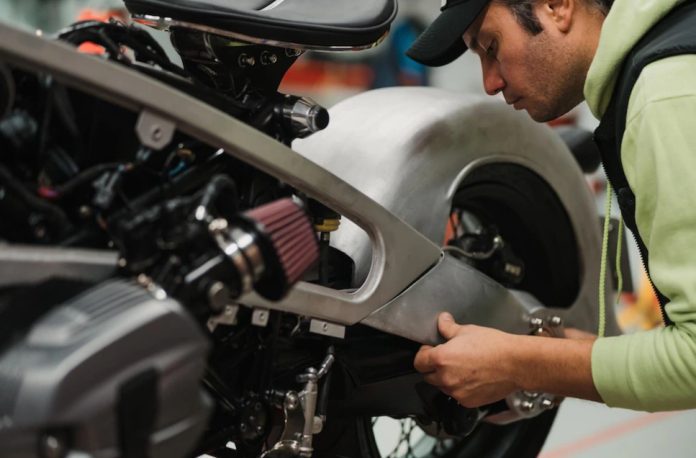For bike owners in India, the Motor Vehicle Act 1988 is an essential piece of legislation that governs various aspects of road safety, traffic rules and vehicle regulations. Understanding the provisions of this Act and the associated rules is crucial for every bike owner to ensure compliance and safety on the roads.
-
Licensing requirements
To operate a bike legally, one must possess a two-wheeler license in addition to the regular driving license. As per the Motor Vehicle Act 1988, no person can drive a motor vehicle on Indian roads without a valid driving license. To obtain this license, one must pass a practical riding test after obtaining the learner’s license. It is essential to remember that driving without a valid license can lead to heavy penalties and legal consequences.
-
Registration and insurance
All motor vehicles in India, including bikes, must be registered with the Regional Transport Office (RTO). The RC is crucial as it serves as proof of ownership and legalizes the bike for road use. During the registration process, the bike owner is issued a unique registration number and a registration certificate (RC). Furthermore, as mandated by the law, every bike owner must have a valid two-wheeler insurance policy. The insurance covers third-party liabilities and protects the owner from financial losses in case of accidents, theft or damage to the bike. Riding without valid bike insurance is illegal and may attract penalties.
-
Helmet and safety gear
According to the Act, both the rider and the pillion rider must wear a helmet at all times while the bike is in motion. Helmets should be ISI certified and securely fastened to ensure maximum protection in case of accidents. Safety on the roads is paramount, and the Motor Vehicle Act emphasizes the use of helmets by bike riders and pillion passengers. In addition to helmets, bike riders are encouraged to wear appropriate safety gear such as gloves, knee guards and reflective clothing, especially during night rides or adverse weather conditions.
-
Traffic rules and signals
Bike owners must familiarize themselves with the various traffic rules and signals defined by the Motor Vehicle Act. It is essential to remember that bikes are not allowed on pedestrian pavements, highways and expressways. This includes following speed limits, obeying traffic signals and adhering to lane discipline.
-
Pollution norms and PUC certificate
Bike owners should ensure their vehicles are regularly serviced and well-maintained to minimize emissions. To curb vehicular pollution, the Motor Vehicle Act enforces emission norms that every bike must meet. Additionally, it is mandatory to obtain a Pollution Under Control (PUC) certificate, which certifies that the bike’s emissions are within permissible limits. Bike owners should renew the PUC certificate periodically, and failure to present a valid certificate may lead to fines.
-
Prohibition of overloading
The Motor Vehicle Act strictly prohibits carrying more passengers or goods than the bike is designed to accommodate. Overloading can affect the bike’s stability and handling, increasing the risk of accidents. Overloading a bike is not only illegal but also hazardous.
-
No honking zones
Bike owners should be mindful of these zones and avoid unnecessary honking. To control noise pollution, the Act designates certain areas as “No Honking Zones.” Additionally, using modified or excessively loud silencers is against the law and can attract penalties.
Conclusion
Understanding the Indian Motor Vehicle Act, 1988 and the associated rules is essential for every bike owner to ensure road safety and compliance with the law. From obtaining the necessary licenses and registrations to adhering to traffic rules and safety measures, every aspect plays a crucial role in creating a responsible and safe riding environment. By being aware of these regulations and fulfilling our responsibilities as bike owners, we can contribute to making Indian roads safer for everyone. To know more about bike insurance renewal, visit kotak general insurance.





































